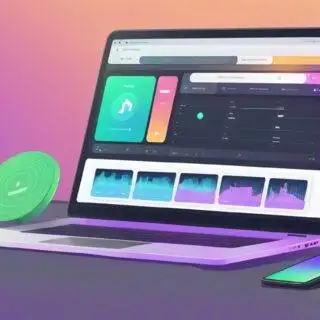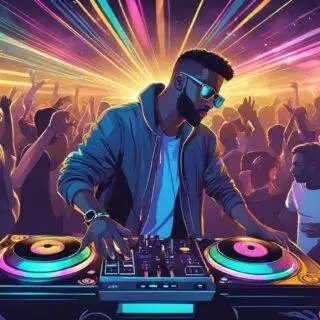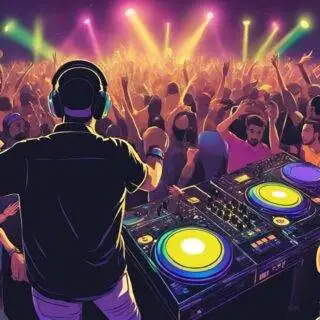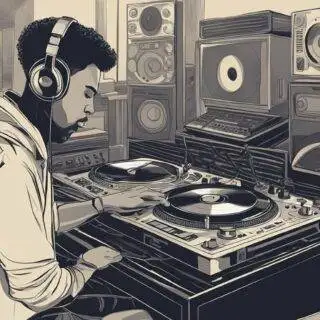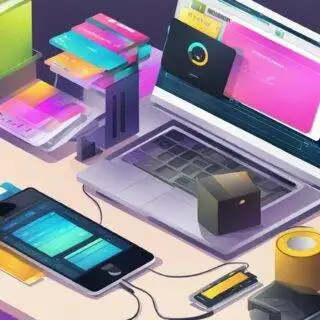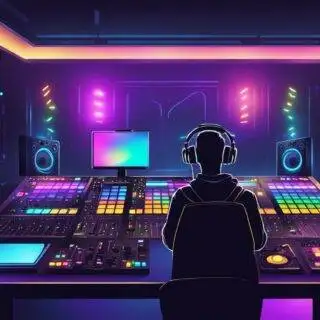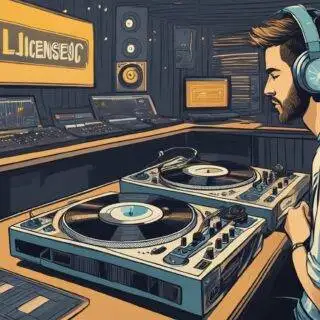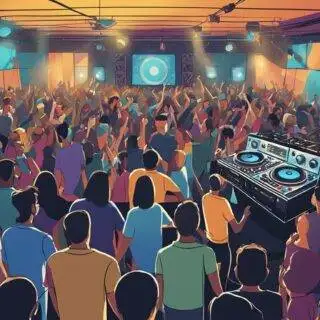Why DJ with Vinyl? Embracing the Classics in Modern Mixes
In the realm of DJing, the allure of vinyl records endures, capturing the imagination of both seasoned turntablists and newcomers alike. Despite the advancements in digital technology that have revolutionized music playback and mixing, there’s a certain charm to handling and playing vinyl that continues to appeal to many DJs. For me, it’s about the …


